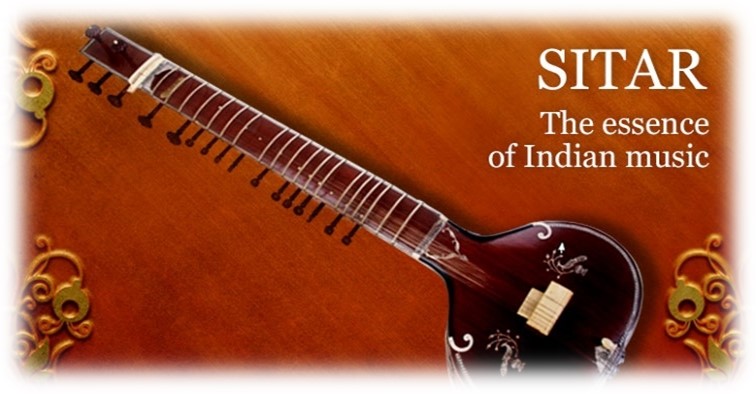Music-Instrumental
There are various dimensions or streams of education, one of which is Music Education. Music is a tangible symbol of the artistic achievements and cultural traditions of human society. It has been the sweetest medium of fine expression of the spiritual joy and happiness of people's life since ancient times. Therefore, An excellent art like Music, which is so close to human life, that getting education is very important for the for the spiritual, mental, physical ,character and over all development of human life.
Education carries with itself two types of objectives – one is related to social perception and the other to the mental development of the individual. Music is capable of fulfilling both the above mentioned objectives of education. Plato had realized years ago that 'Music teaching is a stronger means of teaching than other teachings because tone and rhythm have their place in the inner depths of a person, whether he is fully educated or uneducated. Therefore, it is possible only through music education to properly expose and bring out the hidden interests within every living being.
In the contemporary world, music education continues to play a significant role in various aspects of personal development, cultural enrichment, and societal well-being.
Music encourages creativity and innovation. Engaging in composition, improvisation, and interpretation fosters critical thinking and problem-solving skills. It encourages students to think outside the box and explore new ideas.
Music is a form of art which makes you comfortable with different tones and pitches, with melody and harmony. Music has been called the universal language that speaks not only to the ears of living beings but also to their hearts, with an immediate emotional and spiritual appeal. Musical instruments have an important place in the field of Indian music. They hold a significant place in promoting India’s unique culture of unity in diversity.
Instruments:A Brief Introduction
Indian musical instruments have been divided into four main categories on the basis of how sound is produced: The TataVadya or Chordophones - Stringed instruments The SushiraVadya or Aerophones - Wind Instruments The AvanadhaVadya or Membranophones - Percussion instruments The Ghana Vadya or Idiophones (non-drum percussion instruments)- Solid instruments which do not require tuning
Under the present circumstances, it is possible to impart education, knowledge and training in our Institution in one instrument only, i.e., the Sitar.
The Sitar

The sitar is one of the most popular string instruments in the modern era. It has gained popularity both in India and in the West over the past few decades. According to musicologists, the origin of the sitar was influenced by the ‘Veena’ — considered the mother of all instruments — which was one of the most popular and widely-used instruments in the ancient times. The structure and tonal quality of the sitar is the result of several years of hard work and devotion put in by artists and craftsmen. For centuries, the sitar has undergone a sea of transformation and has improved beyond recognition.
In Instrumental Music, there are 'Swars 'and 'Laya' as primary elements, but the role of 'Words' is substituted with 'Stokes or Boles'. The modern sitar has 6-7 main strings — which are played by a wire plectrum called ‘mizrab’ — and 16-22 metal frets that are adjusted to alter the pitch. Below the frets of Sitar are thirteen sympathetic strings which are tuned to the notes of the Ragas. A gourd at the lower end of the neck of the sitar works as a resonator. The sitarist’s ‘gharana’ (school of music), tradition, style and personal preference add to the creative aspect of playing the instrument and give it its unique flavour.
The Departmental Goals:
The most important goals of the Department of Music Instrumental in the College: To give knowledge through both methods — traditional as well as institutional, simultaneously. To provide professional education of music that develops and nurtures the talent of the students and assures their competency in all aspects of the discipline. To train students to develop their creative and intuitive abilities. Keeping these goals in mind, the Department encourages and promotes students through various activities like seminars, workshops and demonstration and interactive programmes, and provides exposure via performances in youth festivals and competitions where our students win laurels and modern make the Institution proud.
